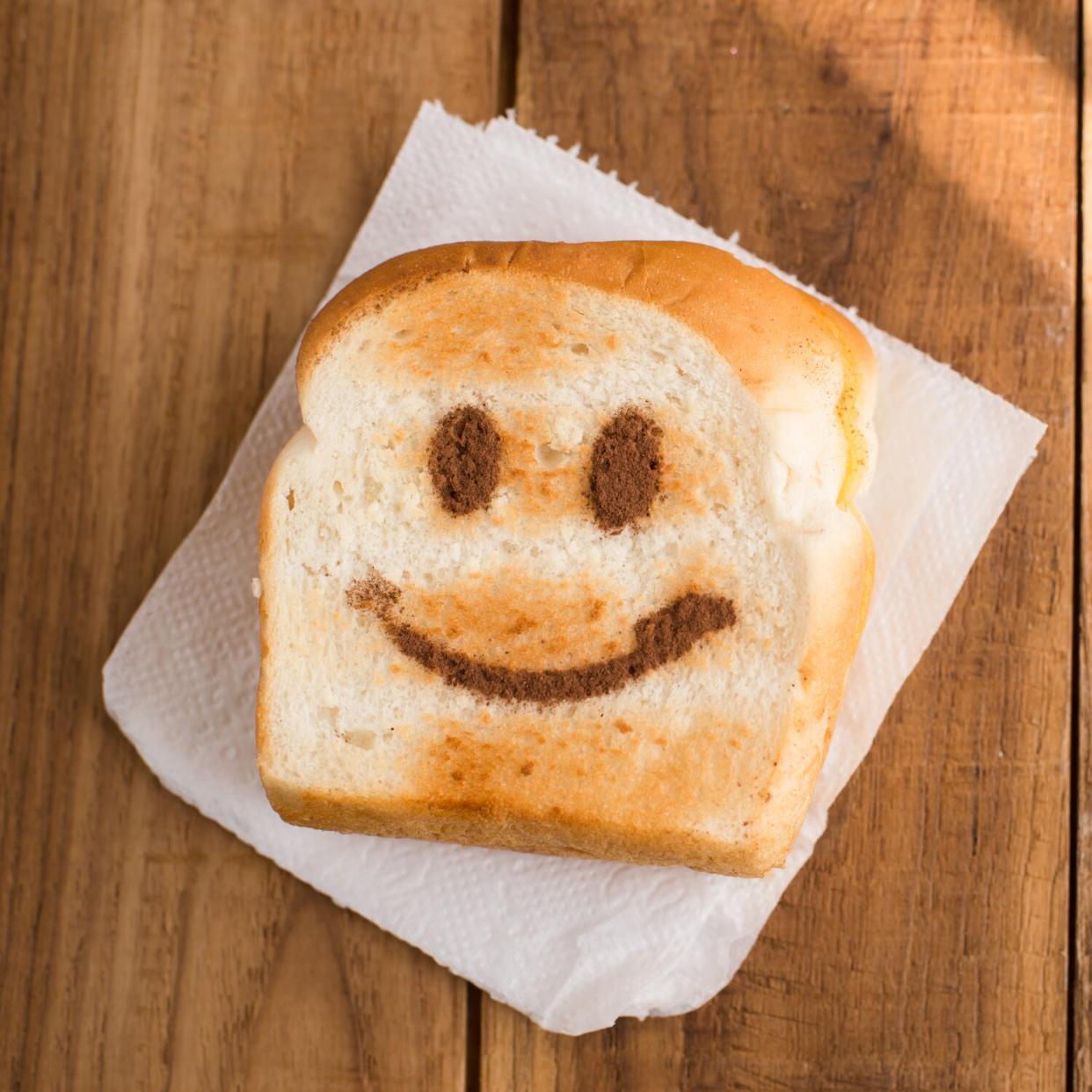Emojis Can Help Kids Avoid Obesity, Says Study

© Getty Images/iStockphoto
It may seem like emojis merely dumb down communication—what with all those smiley faces and hearts and thumbs-up icons—but a new report suggests these images can help kids lose weight.
In a study published in the journal Appetite, children between the age of 5 and 11 were first given a lesson associating happy faces with healthy food, and frowns with unhealthy food. Then one half of the study group was told to walk down the aisle of a faux store and select four products. Fruits and vegetables were "emolabeled" (via stickers) with smiley faces; chips, cakes and cookies had frowns. The other half of the group walked down a faux aisle with no such labeling.
The results were consistent across all age groups: 83 percent of students chose at least one healthy item when given the option. "Children are using [this] health information to make choices about their food," says Greg Privitera, study leader and research chair at the Center for Behavioral Health Research for the University of Phoenix School of Advanced Studies. "And that's something that they aren't empowered with now." Privitera hopes to replicate the study in the future using a larger sample of the population.
Similar findings were reported by the American Academy of Pediatrics last year. In that test, green smiley-face emojis helped inner-city elementary students in Cincinnati make smarter decisions in the school cafeteria. Children gravitated toward plain nonfat milk and fruit, and they veered away from chocolate milk. Veggie consumption rose an impressive 62 percent.
The hope is that emoji labelling will help both kids and parents choose healthier foods when shopping. Food emojis are used daily by millions, but unhealthy options are among the most popular: pizza, cake, doughnuts, lollipops and ice cream show up in the top 10.
(h/t Washington Post)

